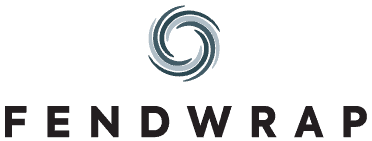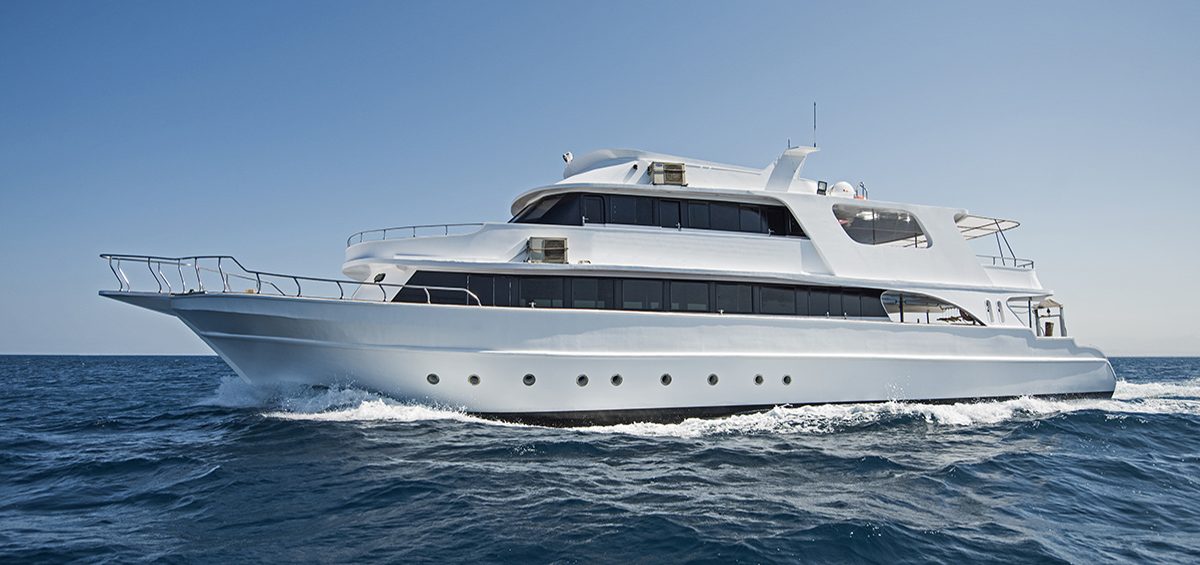When it comes to coatings, having the best facilities, applicators and specification still doesn’t guarantee the end-product will be up to scratch. The standards for painting superyachts are incredibly high so it takes a lot of care and close attention to detail to ensure it passes inspection first time, every time.
Despite the fact that rework has historically been considered a given in our industry, we think there’s more that we can be doing to avoid this. Namely, preparation. If you don’t have a thorough set of pre-painting processes already, then we recommend you keep reading!
Our business is all about making sure vessels are properly protected before they undergo any kind of painting or refit job, so preparing effectively and ahead of time is something we have plenty of experience in. Let us take you through some of the best things we suggest to get your paintwork approved every time.
What Qualifies as ‘Rework’?
Part of the yacht painting process is for an inspector to visit once the painting has commenced. These inspectors will certify and grade the work that has been completed. If any of the work done is not up to standard it will fail the inspection and need to be redone. This is what we mean by ‘rework’.
It’s a normal part of the yacht building process, but the amount of rework required from project to project can vary. Ensuring the correct prep is done ahead of time can be the difference between an end-product that’s approved time and time again, or one that ends up costing you extra time and money.
After all, in the current market it’s more important than ever that shipyards and applicators deliver projects on time and within schedule, whilst at the same time, owners feel like they’re getting the highest quality product at the best value.
How to Minimise Paint Rework
We know we keep saying it, but everything really does begin with the preparation! If this is wrong, it makes little difference how good your painters are or how good your equipment is. We know that committing to extra work or taking an avoidable financial hit are frustrating things for any business, so we’re sure you’d like to avoid them whatever it takes.
With that in mind, here are a few of our best preparation solutions for minimising paint rework.
Proper Planning of a Yacht’s Sequencing
A yacht’s ‘sequencing’ refers to how the work on the vessel needs to be done to build it in the most efficient way. It’s important that all relevant parties know where, how and in what order things need to happen so the repairs and rework can be minimised.
Getting the programming and sequencing of a full-build project right can potentially save all parties involved thousands in both time and money. The order of how some elements should be done will always be common sense (you can’t paint the hull if there’s no hull to paint!) but lots need more careful planning as to not damage other areas as the vessel comes together.
Paintwork preparation is a key element to ensure any risk of damage is minimised. That’s an important factor to keep in mind when sequencing as it’s the best way to ensure your paintwork passes inspection every time.
Building a yacht is an intricate process with lots of moving parts but taking the time to plan work in the most efficient order will seriously pay off in the long run.
Be Mindful of Where You’re Cutting Costs
Whilst it’s completely natural for a business to be on the lookout for places to save money – and the superyacht industry is not immune from this – it’s important to be mindful of where you do it. If you’re trying to minimise paint rework, then yacht protection is not an area you want to be cutting corners in! Let us explain…
Imagine you’ve chosen one of the cheaper film and tape options on the market. You use it to tent your work area, but it’s much more likely to come unstuck or tear and put the rest of your work at risk. So, while this may have saved you money initially, you’re more likely to produce a flawed end-product that inspectors won’t approve. In this scenario, the job must be re-done, and that cheaper painting protection has ended up costing you more money overall.
So not only is proper protection a must to ensure your paint work gets approved first time, but it can also actually be a cost-saving tactic for your business – win-win!
Our recommendation is to always use the best quality tenting film and products you can find. If it gives you the best chance of minimising rework it’s a worthwhile investment and you should find yourself saving money in the long run.
We always suggest our clients use our Neptune Films and F-Tape for their painting and refit projects. Our range of films have been developed to an incredibly high standard, being 25% sticker than other options on the market, totally waterproof, brandable and designed for time-saving application. We also offer a choice of fire-retardant options, including the only clear fire-retardant film available on the market.
Our multi-purpose F-Tapes are designed specifically to protect across a wide range of surfaces, leaving no residue and simply making life easier. Options include everything from masking tape, to vinyl, to double-sided and more – so all bases are covered for you and your work.
Management and Quality Control
Effective and diligent project management is probably the most obvious solution for minimising rework yet is also the easiest to overlook! Simply, having someone in place to supervise during the work and provide a point of quality control can greatly increases the chances that job passes inspection.
Again, it’s about prevention before something goes wrong rather than fixing a problem after the fact (aka, rework!). Similarly to the point above, ensuring you have high-quality management and stringent quality control during your project might cost more upfront, but if that ensures the work is accepted first time we think that’s definitely a worthwhile investment.
Minimising Paint Rework with Fendwrap
We pride ourselves on the superior range of yacht protection products that we provide for clients all around the world. In the world of yachting, no detail is too small to overlook, and the standards of service go above and beyond those you’ll find anywhere else. That’s why it’s so important painting projects are completed to the highest standards for clients, every time.
You can discover more about our full range of Neptune films and F-Tapes on our website, or get in contact with a member of the team who will be more than happy to tell you more and answer any questions.



